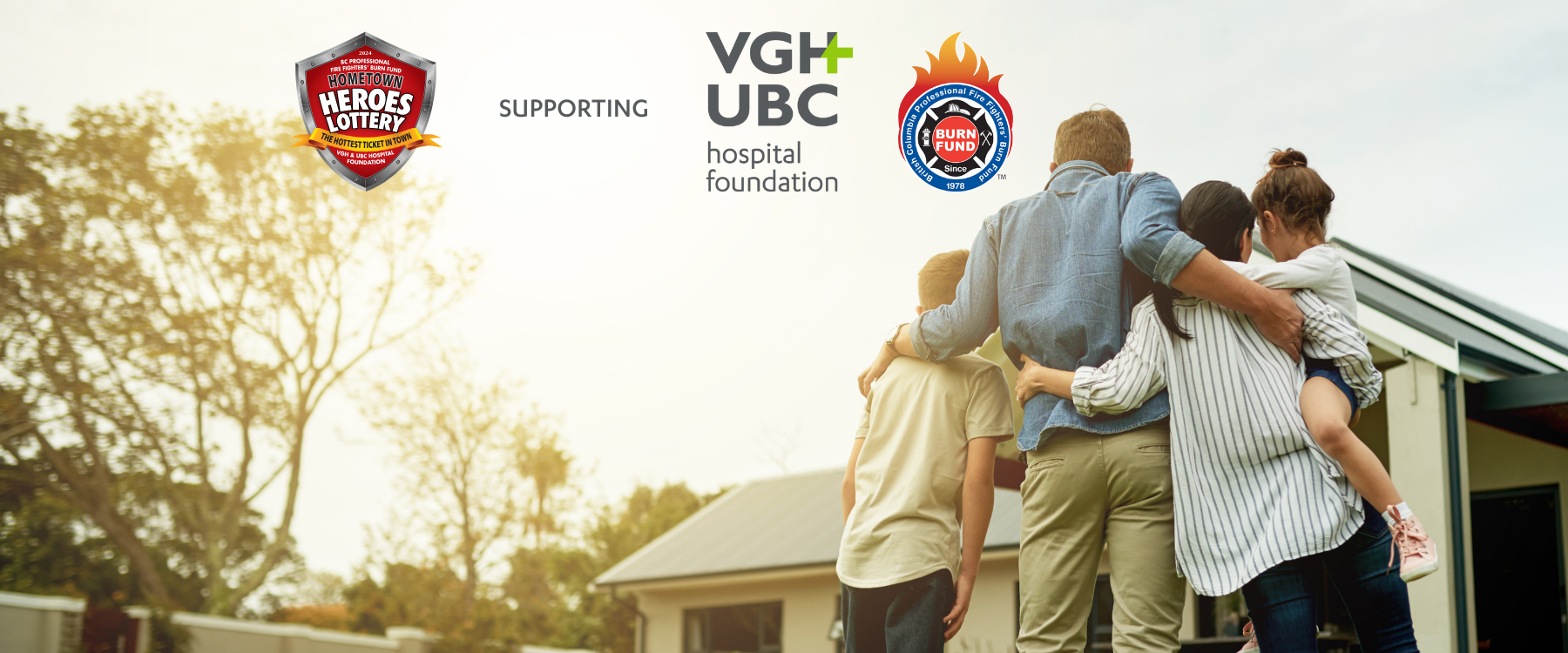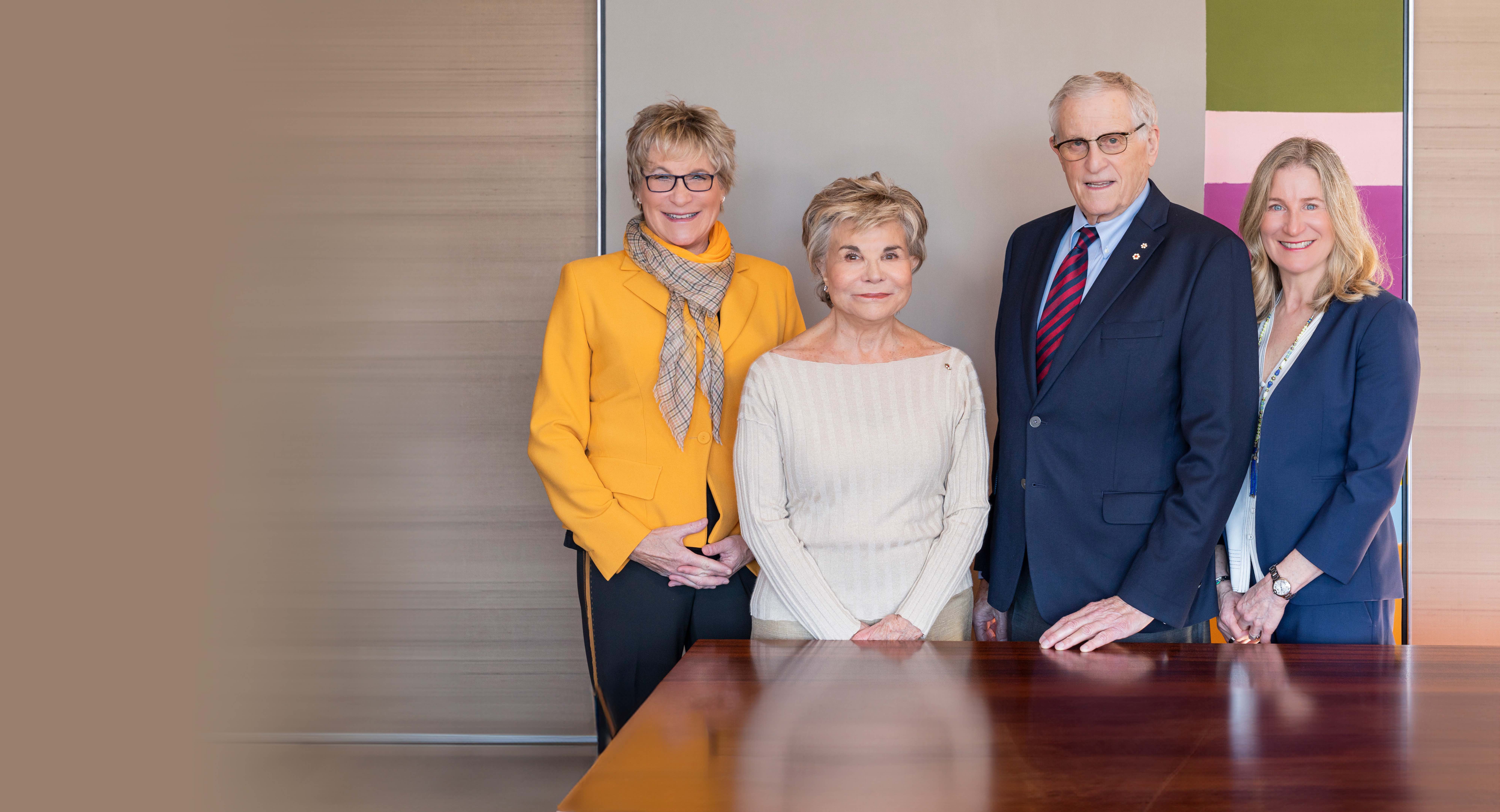 At the age of 25, when she started to experience euphoric and manic psychoses, she was diagnosed with bipolar disorder.
At the age of 25, when she started to experience euphoric and manic psychoses, she was diagnosed with bipolar disorder.
“I ran down the street in Point Grey naked as a jaybird and was picked up by police and ambulance,” Maxwell, now 47, told The Province about her worst psychotic episode in the early ‘90s. “I was sort of hearing things and seeing things and believing things and was admitted to the psych ward.”
Today, the experience very much serves as the base to much of her success: She eventually turned the story into a comedic play and now tells it over and over in her full-time job travelling the world as a speaker for mental health conferences. She even calls herself the “Bipolar Princess.”
Maxwell also backs a number of mental health campaigns, including VGH & UBC Hospital Foundation’s “Changing the face of mental illness,” which is raising money for a new mental health treatment facility: the Joseph & Rosalie Segal Family Health Centre.
But it was a long road to get to this level of success –- and an even longer road to acceptance and recovery.
“The biggest struggle for me was I didn’t accept the diagnosis,” said Maxwell.
For about five years she was in and out of hospitals, struggling with deep, suicidal depressions to extreme manic states.
“I was pretty good at covering up how depressed I was,” she said. “I needed to function, I wanted to get through school, I didn’t want to have to quit.”
But by the time she reached her mid-twenties and was experiencing her “euphoric, manic psychoses” she couldn’t hide it anymore.
“I was looking for God at this point,” she said of her run through Point Grey, adding she truly believed “God should meet me as he made me, which meant naked.”
But even after her “naked jaunt down the side street” that landed her in Lions Gate Hospital, she still believed these episodes were tied to spirituality.
“I just didn’t believe that the way I was feeling could be part of an illness,” she said. “Spirituality and a psychotic illness? I’m going to choose something that sounds a little more optimistic.”
“I internalized what society thinks of what mental illness is — that we’re violent, we’re lazy, we’re unpredictable, we’re poverty stricken, we’re homeless.”
“It was that fear, my stigma around what it meant to be mentally ill that really prevented me.”
It wasn’t until she found the right healing environment and was under the right care that she was able to begin recovery.
“I met the right nurse who put me in touch with the right psychologist where I really felt heard and accepted and listened to,” said Maxwell. “I started to accept the illness.”
“The process to acceptance was probably the longest one, then getting back on my feet took another three or four years.”
“I had to go through a process of rebuilding my life … I had to grieve a lot of losses, including friends, money and my identity as well.”
She got into rehab and picked up a part-time job, but as a former actress she started to crave something creative, so she decided to write a play based on her life.
“A naked woman running down the street is good copy,” she said with a laugh. “People seemed to really want to hear stories about recovery with some humour.”
And from there she developed a career of presenting at conferences, workshops and shows. She’s been doing it for the past 10 years.
And in all her work, she always promotes recovery first: medication, therapy, support groups, family, exercise, sleeping and eating well. That’s why she’s behind the VGH & UBC Hospital Foundation fundraising efforts for the Joseph & Rosalie Segal Family Health Centre. The new $82-million mental health centre will replace the current 70-year-old building and will offer a vastly improved healing and recovery environment with private rooms, natural light and green space.
“The atmosphere and the environment that a person goes into when they’re at that most fragile state I think is really, really important,” said Maxwell. “For myself, to even just have an atmosphere that feels like I’m not in a forgotten building makes me feel like I’m not forgotten.”
“To have a centre that is really patient-focused, family-focused, recovery-focused … it’s so helpful to recovery because it’s inclusive and it’s empowering in a way, because it makes the assumption that people are going to get well.”
By Larissa Cahute, The Province
March 22, 2014
More support is needed, please donate.

